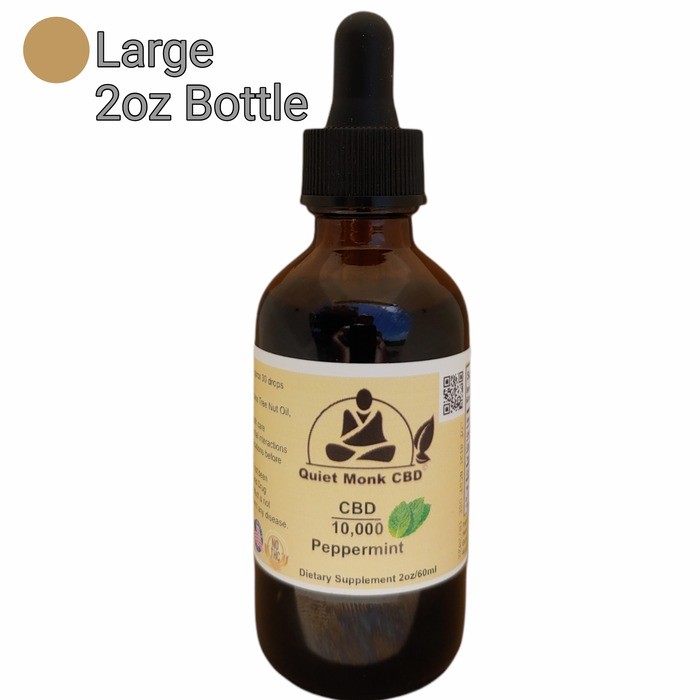Headaches are a common ailment that affects countless people worldwide. With many seeking relief from this recurring discomfort, the search for effective treatments has led to the exploration of various natural remedies. One such remedy gaining popularity is cannabidiol (CBD), a compound derived from the cannabis plant. But, does CBD help headaches? In this article, we will delve into CBD’s potential benefits for headache relief, the science behind it, and its usage considerations.

What is CBD?
Brief history of CBD
CBD, short for cannabidiol, is a naturally occurring compound found in the cannabis plant. The use of cannabis for medicinal purposes dates back thousands of years. However, the discovery of CBD as a distinct compound happened in 1940, which led to further research into its potential health benefits.
CBD vs THC
Cannabis contains many compounds, but the two most well-known are CBD and tetrahydrocannabinol (THC). THC is responsible for the psychoactive effects associated with marijuana use. CBD, on the other hand, is non-psychoactive and does not produce a “high.” This makes it an appealing option for those seeking potential therapeutic benefits without the mind-altering effects.
Headaches: Types and Causes
Headaches can be classified into three main types:
Tension headaches
These are the most common type, characterized by a dull, persistent pain on both sides of the head. Tension headaches are often triggered by stress, poor posture, or lack of sleep.
Migraine headaches
Migraines are more severe and typically cause throbbing pain on one side of the head, along with other symptoms like nausea, vomiting, and sensitivity to light and sound. The exact cause of migraines remains unclear, but genetic factors and environmental triggers are believed to play a role.
Cluster headaches
Cluster headaches are rare but extremely painful, occurring in clusters or series of episodes. The pain is usually focused around one eye, and these headaches can last from weeks to months.

How CBD May Help With Headaches
Interaction with the endocannabinoid system
The human body has a complex cell-signaling system called the endocannabinoid system (ECS), which plays a role in regulating various functions such as pain, mood, and inflammation. CBD is thought to interact with the ECS, helping to maintain balance and potentially alleviating headache symptoms.
Reducing inflammation
CBD has been shown to possess anti-inflammatory properties. Inflammation is often implicated in headache pain, and reducing inflammation may provide relief for headache sufferers.
Modulating serotonin levels
Serotonin is a neurotransmitter that plays a role in pain regulation. Imbalances in serotonin levels have been linked to migraines. CBD may help modulate serotonin levels, potentially reducing headache symptoms.


**Using CBD for Headaches**
Different forms of CBD
CBD is available in various forms, including oils, tinctures, capsules, edibles, and topicals. Users can choose the most suitable form based on personal preferences and needs. For example, sublingual tinctures and oils allow for fast absorption and quick relief, while topicals can be applied directly to the affected area for localized relief.
Dosage considerations
There is no one-size-fits-all dosage for CBD, as it can vary depending on factors like body weight, metabolism, and severity of symptoms. It’s recommended to start with a low dose and gradually increase it until the desired effects are achieved. Always consult with a healthcare professional before starting any new supplement, including CBD.
Possible side effects
CBD is generally considered safe and well-tolerated. However, some users may experience side effects such as drowsiness, dry mouth, or changes in appetite. It’s essential to monitor your body’s reactions and adjust the dosage or discontinue use if necessary.

Research on CBD and Headaches
Clinical studies
While research on CBD’s effectiveness for headaches is still in its infancy, some studies suggest promising results. For instance, a 2017 review published in Cannabis and Cannabinoid Research found that cannabis, including CBD, could potentially help reduce the frequency of migraines.
Anecdotal evidence
Many people have reported positive experiences with using CBD for headache relief. While anecdotal evidence should be taken with caution, it can still provide insight into CBD’s potential benefits for headache sufferers.
Alternatives to CBD for Headache Relief
While CBD might be helpful for some, it’s essential to explore other options for headache relief, such as over-the-counter pain relievers, prescription medications, relaxation techniques, and lifestyle changes. Always consult with a healthcare professional to find the most suitable treatment for your specific needs.
Conclusion
In conclusion, CBD may offer potential benefits for headache relief through its interaction with the endocannabinoid system, anti-inflammatory properties, and ability to modulate serotonin levels. However, more research is needed to fully understand its effectiveness and optimal usage. If you’re considering trying CBD for headaches, consult with a healthcare professional and choose a high-quality product from a reputable source.
FAQs
- Is CBD legal?
- CBD’s legality varies depending on the country and local regulations. In many places, CBD derived from hemp containing less than 0.3% THC is legal, but it’s essential to check your local laws before purchasing or using CBD.
- Will CBD make me feel “high”?
- No, CBD is non-psychoactive and does not produce the “high” associated with THC.
- How long does it take for CBD to work for headaches?
- The onset of CBD’s effects depends on the chosen method of consumption. Sublingual tinctures and oils may provide relief within 15-45 minutes, while edibles can take longer due to the need for digestion.
- Can I use CBD with other medications?
- CBD can interact with certain medications, so it’s crucial to consult with a healthcare professional before using CBD alongside other treatments.
- Are there any risks associated with using CBD for headaches?
- While CBD is generally considered safe, some users may experience side effects or interactions with other medications. Always consult a healthcare professional before starting any new supplement.
